The Pursuit of Nothing: An Interview with Jeff Rosen, author of The Nothing Brothers

Always the Ice Cream Man, Jeff has worked as a CFO in philanthropy and now serves as a Professor in Impact Investing. Jeff is a graduate of Cornell University’s School of Industrial and Labor Relations, where he crossed campus to serve as the editor of the literary magazine, Praxis. In high school, he drew many a rainbow on many a desk, paying homage to Blackmore’s Rainbow.
Jeff lives in Northampton MA, with his wife, three children, and their forever puppy, Ginger. And just because he is not busy enough, he also runs a traditional Tai Chi school.
You can buy the book here.
Are you a writer, too? Submit your manuscript to Atmosphere Press
Tell us the story of your book’s title. Was it easy to find, or did it take forever?
The Nothing Brothers was a title a group of friends and I anointed ourselves. The original title of the book, Voices of Leo, faded into the background as the search for meaningful storylines emerged. For a while, I considered a title I still like, A Mutual Waste of Time, which is how the main character describes their high school experience. But, in the end, as the characters inevitably fail to find meaning in the Nothing they pursue, they are truly left with nothing. The searching for more by seeking less summarizes my experience of the 1970s, which now feels like it left us with nothing.
How did it feel when you first saw your book cover? Or when you first held your book in your hands?
The book cover thrilled me. I loved how the Atmosphere team ran with my idea to depict a jumbled, crowded set of images together in a way that is like a collage project of the 70s.
Who/what made you want to write? Was there a particular person, or particular writers/works/art forms that influenced you?
I’ve been an avid fiction reader for decades and every great book inspired me to try my own hand, or lately, to pick up my old effort. I picked up Tom Perrotta’s lesser-known novel, The Van, which is set in the same time period and place as my novel and it made me realize that enough time had passed that this voice was now a piece of historical fiction. It is an irreverent yet humble voice I miss very much. That particular novel drove home my love of the 1970s and the way we dumbassed our way through it in suburban NY, and inspired me to pick the novel back up after letting it sit for over 30 years.
What other professions have you worked in? What’s something about you that your readers wouldn’t know?
I’ve done many things, living out the trajectory the 70s inspired me to live, though of course falling far short of the dream. I’ve driven ice cream trucks, tried to take restaurant companies public, worked in social justice philanthropy for decades, and now work in academia, with many, many other jobs and profession stops along the way.
What was the most rewarding/meaningful part of publishing your book?
The rewrite afforded me the chance to revisit the 1970s. When I wrote, I closed my eyes (I type well with my eyes closed) and took a trip back to the time and place and let the stories tell themselves. Every time a character uttered a wiseass comment, I brought it back to the present with me.
If your book had a soundtrack, what are some songs that would be on it?
My book does have a soundtrack. Every chapter references a 70s classic rock song in both title and feel.
What is one thing you hope readers take away from reading your book? How do you envision your perfect reader?
My perfect reader is someone who lived through the 1970s and is grateful for the lived experience recreation of the book. The most important elements of the book are not in the time period details, but in the way those details appear to the characters and the way the world looks and feels to them. Those who lived through this time appreciate the chance to relive it. For those who have not, I appreciate the way that the period piece evokes a period I want to memorialize.
What new writing projects are you currently working on? Or, other projects that are not writing?
This was my story. It took me 40 years from start to finish. But now I do feel finished with fiction. I did write a dystopian utopian novella where our cell phones are capable of generating enough electricity to power our homes, cars, and factories, and suddenly in a world of surplus we only had ideologies to fight over. I envisioned riots during the sentencing of Trump, but it felt to me that January 6th (and future events) took some of the wind out of my futurism when it came true prior to publication.
How was working with Atmosphere Press? What would you tell other writers who want to publish?
I enjoyed working with everyone from Atmosphere Press. I tried very hard to get published by a traditional publisher, but the pandemic made that hard for everyone, especially those who have had decades to have their stories told. Once I decided to go the route of hybrid publishing, I chose Atmosphere and felt that it fulfilled all of its promises in a timely, professional, and friendly way.
You can buy the book here.
Are you a writer, too? Submit your manuscript to Atmosphere Press

Atmosphere Press is a selective hybrid publisher founded in 2015 on the principles of Honesty, Transparency, Professionalism, Kindness, and Making Your Book Awesome. Our books have won dozens of awards and sold tens of thousands of copies. If you’re interested in learning more, or seeking publication for your own work, please explore the links below.

